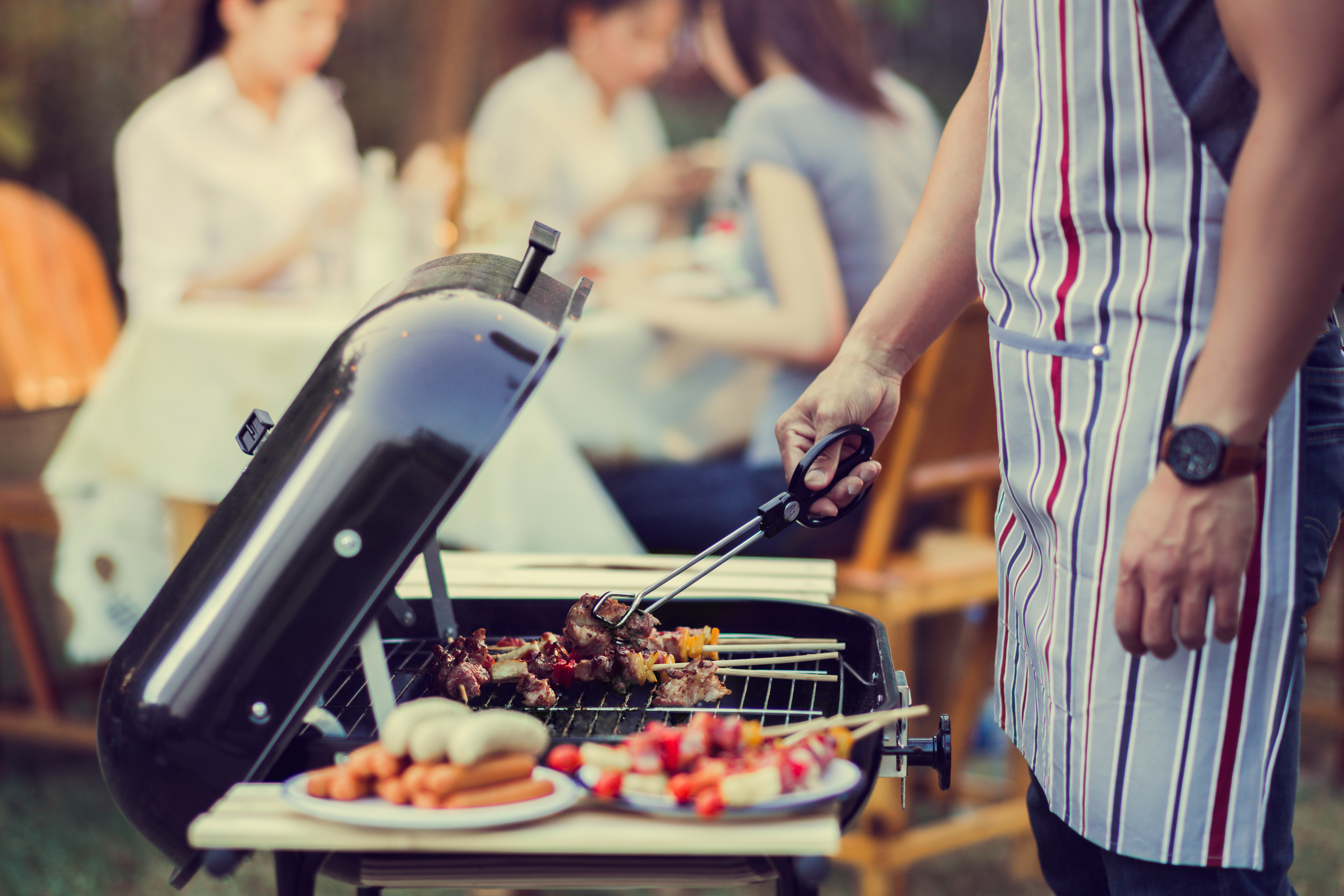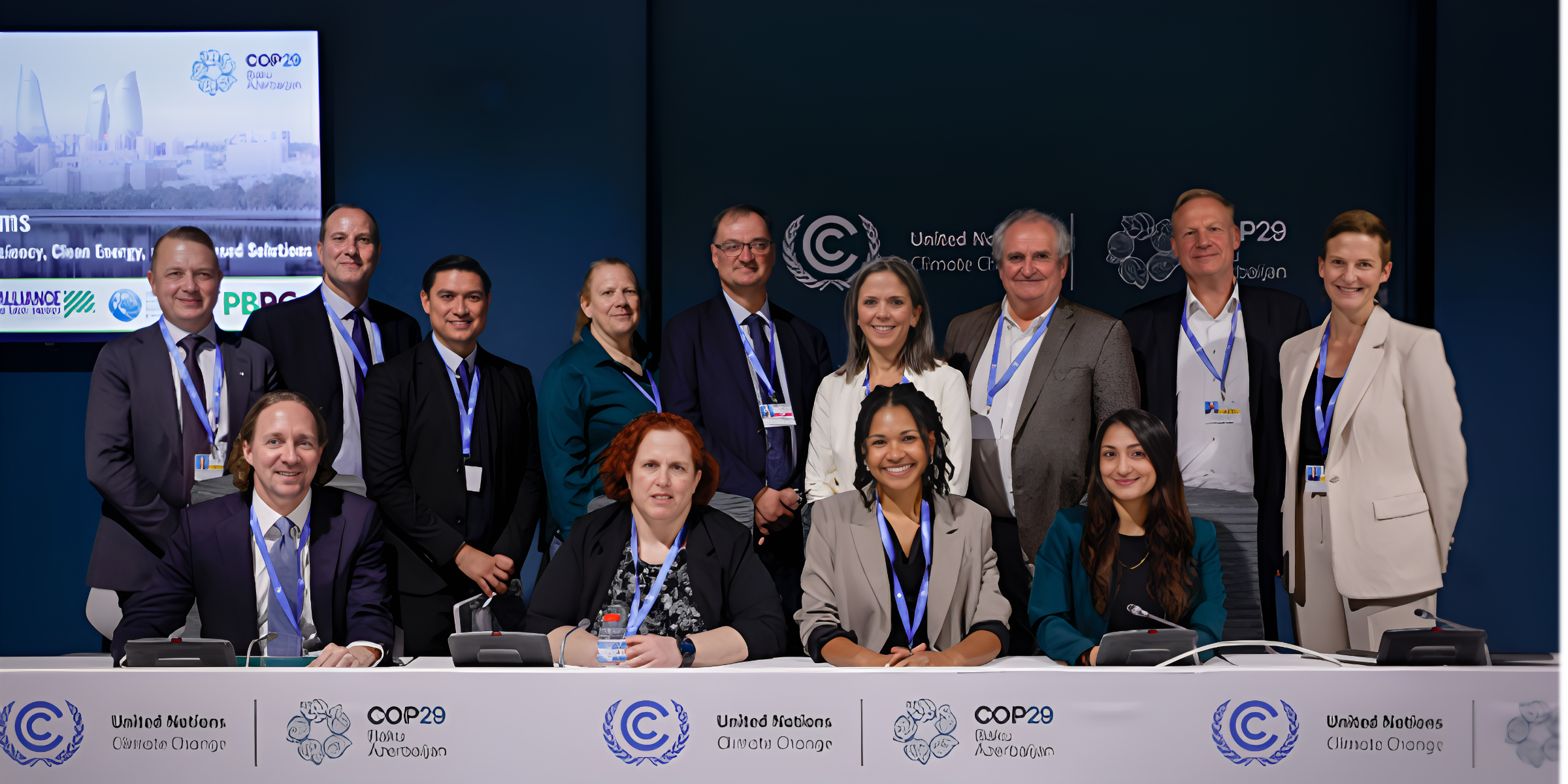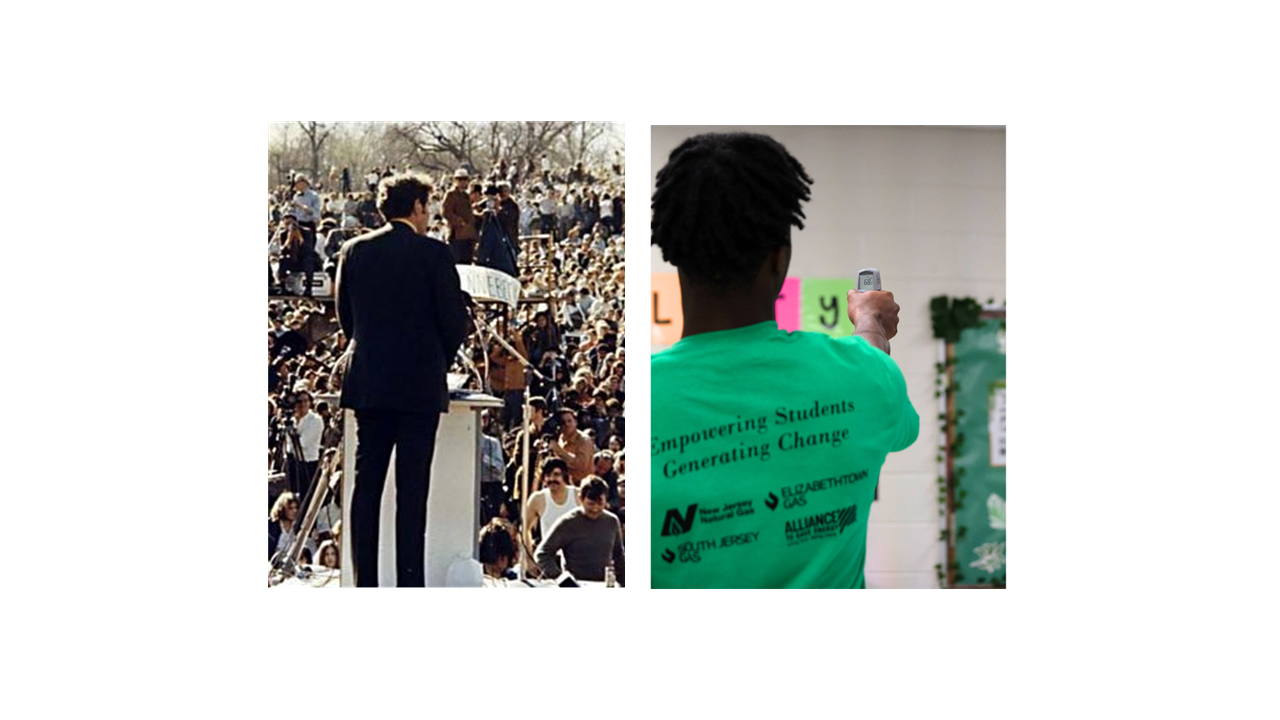8 Life Hacks to Help You Save on Summer Energy Costs
Let's Save Energy
Alliance to Save Energy's Blog

The hot summer days of July are here, and with them comes the perfect opportunity to cut down on utility bills by using some of these energy-saving tactics. These simple life hacks around the house are designed to be easy and quick -- and better yet, none of these cost-saving strategies require you to make any significant purchases. Try one or more of these ideas today, or set a goal to implement one per week during the next month.
1. Readjust your refrigerator’s temperatures
Take a look at your refrigerator’s and freezer’s temperatures. Are they set to cooler than 37°F for the fridge and 0°F for the freezer? If so, you’re wasting power. Readjust your settings to save energy.
2. It’s grill season! Avoid the oven when possible
Avoid using the oven on hot days, as your air conditioning will have to go into overdrive to counteract all the heat produced. Cook on the stove, or better yet: grill outside. And while we’re on the subject, here are some delicious no-bake cookie recipes -- no oven necessary.
3. Run your dishwasher in the evening or before leaving for work
Run your dishwasher after 7 p.m. or before 10 a.m. and you’ll save about half on energy costs. Why? Utility companies tend to charge more during what they deem “peak” hours of the day, when energy is in highest demand. Beat the system, and chose your timing wisely.
4. Better yet, run your dishwasher and washing machine at the same time
Since most water delivery systems are responsible for heating water for both of the above-mentioned appliances, it is more efficient to run them at the same time - thereby eliminating the need for your water heater to heat up twice. Doing chores on the weekend? Time your activities so these two tasks coincide.
5. While you’re at it, wash clothes in cold water
Since heating water comprises about 90% of the total energy used by a washing machine, it’s a smart choice to use cold water for your laundry. Think you need hot water in order to get clothes clean? Think again. Unless you have oily stains, cold water is more than sufficient for cleaning your clothes. And here’s a pro tip: washing clothes in cold water helps to preserve color.
6. Use a rolled up towel to block air leaks under the front and back doors
Did you know that energy leakage from the gaps around the windows and doors in an average American home are equivalent to a gaping 3-foot by 3-foot hole in the wall? One way to remedy this is to block the air leaking from under your doors. For this easy hack, roll up a towel, wrap tape around either end and place it against the door on the inside.
7. Eliminate standby energy waste
Devices plugged into outlets drain energy even when they are not switched on. This is known as “vampire power”, “phantom load”, or “standby power” – and according to the New York Times, common culprits include laptops, televisions, coffee makers and toasters. The U.S. Department of Energy reports that each year, Americans waste the equivalent of a month’s electricity bill on standby power that could have been avoided by simply unplugging devices and appliances. Make it easy on yourself, and plug several appliances into a single surge protector to quickly turn devices on and off with a single switch.
8. Leaving the room? Turn the fan off!
While you’re in a room, fans are a great way to cool off. But fans do nothing to lower the temperature of a room, so remember to turn them off when you leave!
RECENT BLOG POSTS
STAY EMPOWERED
Help the Alliance advocate for policies to use energy more efficiently – supporting job creation, reduced emissions, and lower costs. Contact your member of Congress.
Energy efficiency is smart, nonpartisan, and practical. So are we. Our strength comes from an unparalleled group of Alliance Associates working collaboratively under the Alliance umbrella to pave the way for energy efficiency gains.
The power of efficiency is in your hands. Supporting the Alliance means supporting a vision for using energy more productively to achieve economic growth, a cleaner environment, and greater energy security, affordability, and reliability.



